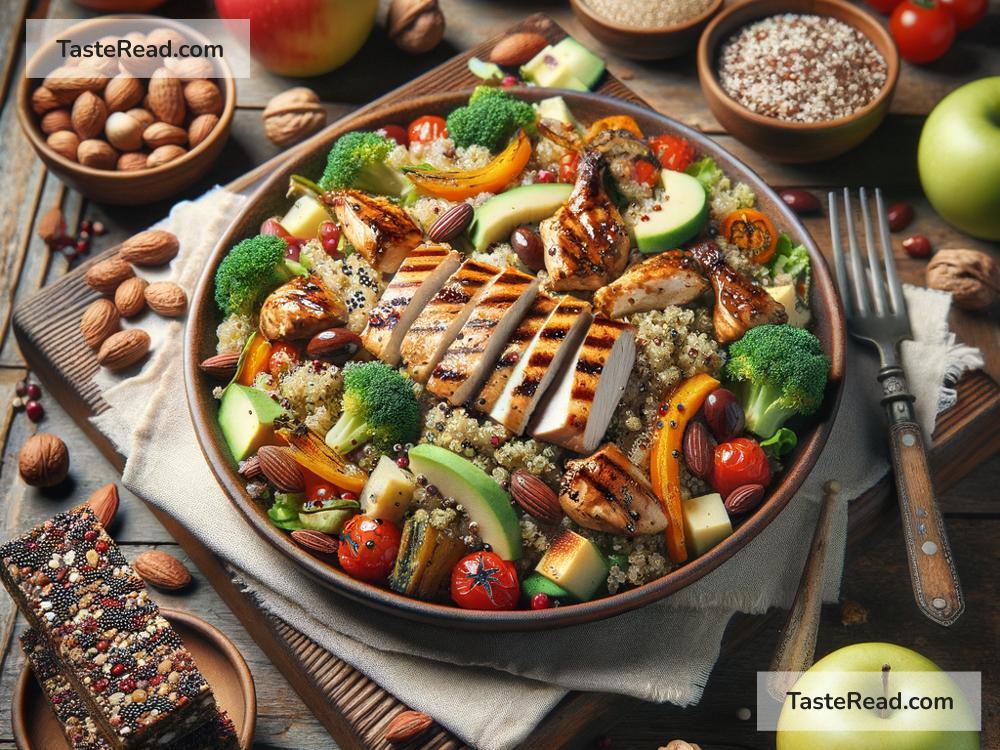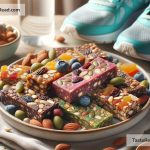Unraveling How Gluten-Free Diets Fuel Athletic Recovery
For athletes, the quest for peak performance pushes the boundaries of physical limits, but what if the secret weapon to faster recovery and boosted performance isn’t just in the gym or on the track, but actually on your plate? It’s no secret that diet plays a crucial role in athletic performance. Lately, gluten-free diets have sprinted into the spotlight, not just for those with celiac disease or gluten sensitivity, but as a possible game-changer for athletes seeking enhanced recovery times. But how exactly does going gluten-free help athletes bounce back faster and possibly perform better? Let’s dive in.
Understanding Gluten
First things first – what is gluten? Gluten is a group of proteins found in grains such as wheat, barley, and rye. It’s what gives bread its chewy texture and helps it rise. However, for some, gluten can cause various digestive issues and inflammatory responses, even without a diagnosed gluten intolerance.
The Link Between Gluten-Free Diets and Athletic Recovery
The connection between a gluten-free diet and improved athletic recovery revolves primarily around inflammation and nutrient absorption. Here’s the breakdown:
1. Reduced Inflammation:
For athletes, inflammation is a significant concern because it can lead to muscle soreness and delay recovery times. Gluten can trigger inflammation in sensitive individuals, potentially exacerbating post-exercise recovery. By cutting out gluten, athletes might experience reduced inflammation, enabling quicker recovery and readiness for the next training session.
2. Enhanced Nutrient Absorption:
Gluten sensitivity can impair the gut’s ability to absorb nutrients effectively, which is critical for athletes who need their nutrition intake to count towards muscle repair and energy replenishment. Without gluten causing interference, the body may absorb nutrients more efficiently, leading to improved overall health and potentially better athletic performance.
3. Better Digestive Health:
A gluten-free diet can also promote a healthier and more balanced gut microbiome, leading to better digestive health. For athletes, this means less bloating, gas, or discomfort, allowing them to train and perform at their best.
4. Optimized Energy Levels:
Some athletes report feeling more energetic after cutting gluten from their diets, possibly due to reduced inflammation, better nutrient absorption, and improved gut health. This increase in energy can be invaluable during both training and competition.
Real-Life Examples
Many elite athletes have credited gluten-free diets with improving their performance. Novak Djokovic, one of the world’s top tennis players, has been vocal about his switch to a gluten-free diet, which he believes has greatly contributed to his stamina, focus, and recovery speeds. Other athletes in various sports have also embraced gluten-free eating patterns for similar reasons.
Implementing a Gluten-Free Diet
If you’re considering going gluten-free to improve your athletic recovery, it’s important to approach it thoughtfully to ensure you’re still getting all the necessary nutrients. Here are a few tips:
Start with Whole Foods:
Focus on naturally gluten-free whole foods like fruits, vegetables, lean meats, fish, eggs, and dairy (if tolerated). These foods are rich in the nutrients athletes need for recovery and performance.
Experiment with Gluten-Free Grains:
Quinoa, buckwheat, and rice are fantastic gluten-free grains that are both nutritious and filling. They can help ensure you’re not missing out on essential carbohydrates needed for energy.
Read Labels Carefully:
Gluten can hide in many processed foods under different names. Always read labels closely to make sure products are genuinely gluten-free.
Consult with a Professional:
Before making significant dietary changes, it’s wise to consult with a dietitian or nutritionist, especially one familiar with sports nutrition. They can help ensure your diet is balanced and supports your athletic goals.
Wrapping Up
For athletes, the quest for quicker recovery and improved performance is never-ending. While a gluten-free diet isn’t a one-size-fits-all solution, it offers intriguing benefits worth considering, especially for those sensitive to gluten or looking for ways to reduce inflammation and improve nutrient absorption. As with any dietary shift, it’s crucial to ensure it’s done thoughtfully and in a way that supports your overall health and athletic ambitions. In the end, the goal is to nourish your body in a way that helps you reach the finish line faster, stronger, and healthier.


